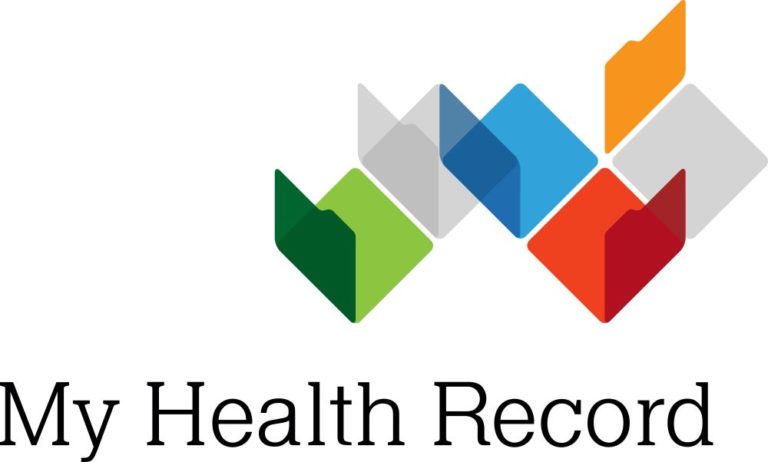[vc_row][vc_column][vc_column_text]Treasury consultation on the R&D Tax Incentive (RDTI) changes that closed this Thursday has raised a number of concerns from the MTP sector.
Despite successive governments having identified the economic and other benefits that derive from encouraging the conduct of clinical trials in Australia, stakeholders like Research Australia are concerned the changes will have unintended consequences.
“The Bill will reduce the level of government support for the R&D undertaken by thousands of small research-intensive companies, regardless of reductions in the corporate tax rate. This has a direct impact on the capacity of these companies to undertake research and development, including their ability to employ the staff they need,” said Nadia Levin, CEO of Research Australia.
“And it is occurring against the backdrop of a recent fall in private sector investment in R&D when the Government’s ambition for future Australian prosperity relies on an ‘Innovation Nation’,” said Ms Levin.
Clinical trials generate the evidence required by the Therapeutic Goods Administration to enable the safe and effective sale of medical devices in Australia.
The number of clinical trials involving medical devices continues to increase from 119 to 159 in just three years, showing the strongest growth compared with others in the MTP sector.
The Medical Technology Association of Australia (MTAA) focused its concerns with the proposed definition of clinical trial which could see that growth in recent years being curbed by the proposed legislative definition.
“The proposed definition of clinical trials only covers medicines, it needs to reference the TGA definition of medical devices to ensure medical devices are covered by the $4 million cap exemption,” said Ian Burgess, CEO of MTAA.
“Limiting the current definition to the trials being conducted in humans may inappropriately limit the scope of the exemption provisions. Firstly, for many medical devices, expenditure on human clinical trials is not as significant as in the preclinical studies and therefore the value of applying the cap exemption provisions for medical devices is limited.”
“The significant cost of preclinical studies is a unique consideration for medical devices and it may be possible that in some instances, these costs exceed those of conducting the clinical trials in humans,” said Mr Burgess.
As such, MTAA considers the exemption provisions should be implemented in a way that would allow medical device companies to receive an uncapped tax refund for conducting preclinical studies.
Additionally, the new calculation method of the RDTI will see start-ups with turnover under $20 million and in tax loss, lose a much-needed portion of their cash refund. Eligible expenditure, previously resulting in a 43.5 per cent claim, will now be eligible for only a 41 per cent refund. For each $1 million of expenditure, the loss will be $25,000.
“Despite the welcome protection of clinical trials in RDTI reform package, the details of the definition and eligible expenditure remain uncertain and we now find that biotech and medtech companies claiming refunds will be hit with a 2.5 per cent loss of refund as soon as the legislation passes, due to a new calculation method,” said Lorraine Chiroiu CEO of AusBiotech.
“The double-pronged loss of benefit resulting from the new calculation method and the new intensity measure, along with the uncertainty on how the clinical trials protection will work, creates a serious threat to this important program – and it should not be rushed,” said Ms Chirou.
Despite RDTI being the subject of multiple government consultations since 2013 it looks like the MTP sector is going to have to put up with a less than satisfactory system. Time will tell if clinical trial numbers and R&D expenditure drops in 2019 and beyond.[/vc_column_text][/vc_column][/vc_row]




